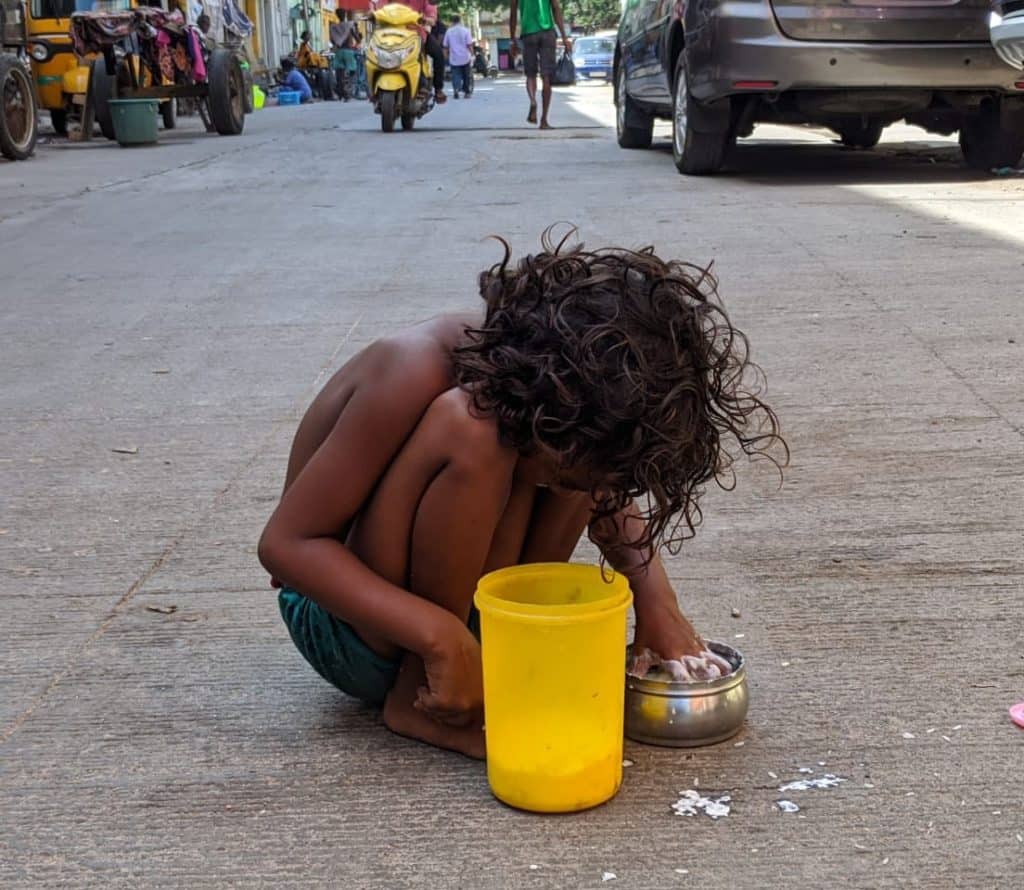Corporation’s new strategy for COVID patients
To curb the spread of COVID, the civic body has begun distributing basic medical kits for people undergoing RT-PCR tests. In the new approach that the corporation has taken, the test results would be communicated through the civic body medical teams who will make home visits to determine the course of treatment.
The demand for oxygen beds has gone up in recent times in the city due to which the civic body has taken a decision to install oxygen concentrators at Covid Care Centres (CCC) to treat patients with mild symptoms. The number of oxygen beds would vary from 30 to 40 according to the number of beds at the care centres.
An order by the civic body states that 300 trainee medical officers would be appointed to carry out corona prevention measures. These officers have been hired on a temporary basis for a period of three months.
Source: DT Next
Read more: How to support efforts to help Chennai beat the COVID crisis
Corporation and police expand teams to enforce lockdown
In a bid to ensure the lockdown is strictly enforced, the Greater Chennai Corporation (GCC) has increased the size of its zonal enforcement teams to 30 from 15. Each zone will have two teams consisting of officers from the civic body, police department and revenue department. The duty of the team is to go on rounds and act on individuals and private agencies flouting COVID related safety norms such as lockdown timings, masking and social distancing.
Shops that violate the norms would be sealed and penalties will be imposed on people for not masking up or maintaining social distancing norms at public places.
The city police intensified the enforcement by installing over 100 checkposts in various parts of the city. Motorists are enquired about their purpose of travel at these stops.
Source: The New Indian Express
Cameras to be fixed in MTC buses
The civic body plans to install cameras and panic buttons in the buses that are operated by the Metropolitan Transport Corporation (MTC) and all terminals and key bus stops through the Nirbhaya Funds.
The panic buttons are linked to master control rooms manned by the MTC and police. Upon pressing the button, the master control room would alert the nearest patrol vehicle.
In the first phase, about 60 locations have been identified for this project. The civic body has floated tenders and the facilities are likely to be completed in seven to eight months.
It is to be noted that the Madras high court lashed out at the previous government led by the AIADMK last month for utilising only 10.7% of the Nirbhaya funds. Responding to a PIL filed by advocate A P Suryaprakasam, the government stated that Rs 45.8 crore has been used since 2018 out of a total of Rs 425 crore.
Source: The Times of India
Read more: Is Chennai becoming a surveillance city? CCTVs raise questions and concerns
Study recommends framing urban homeless policy

A recent policy paper titled ‘Understanding Disaster Vulnerability of Chennai’s Homeless’ by the Information and Resource Centre for the Deprived Communities (IRCDUC) and Okapi Research and Advisory has provided recommendations to safeguard the homeless community in the city.
Some of them are providing access to shelters, access to basic services, single-window system for provision of entitlements, creating awareness among the community about welfare schemes and developing an urban homeless policy.
The study further states that there is no homeless policy at present and suggests inclusion of shelters for homeless and hotspots in the city’s master plan for integrating the community’s needs with the formal planning procedure.
Source: The New Indian Express
[Compiled by Bhavani Prabhakar]
Also read:
Irrespective of the political outfit the public servants to whom the people have voted to take care of them on a situation like this should join hands to help people come back to the normal situation,